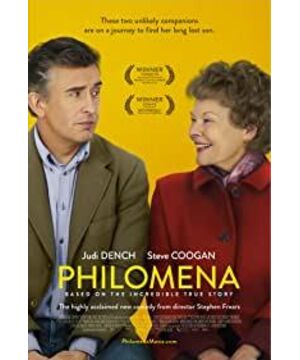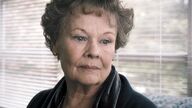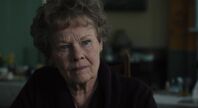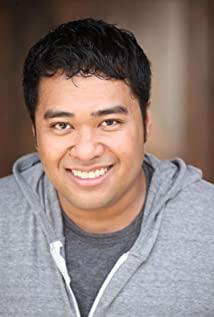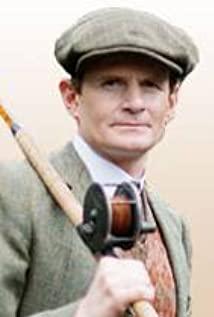Even though he's already married and has a lovely daughter, the longing for his biological parents has lingered in his mind over the years. "I always want to leave the best things for my daughter and meet her needs as much as possible. I thought, fathers have a natural love for their children, so why should I be an exception?" Melting the thorns of confusion in his heart for so many years.
As spectators, it is easy for us to define others as "hypocritical" for years of being stuck in their throats, and feel that they should be satisfied with the status quo that is not bad. However, for individuals, biological parents are an irreplaceable part of life. If they should have abandoned them the most who should love them the most, then who else in the world will give them a dependable embrace?
Fortunately, the program team found the man's biological father. The two people on the stage were embracing each other and crying, and the picture was touching. The father said helplessly that he asked a stranger to help take care of the child at the train station, but the child was taken away in the blink of an eye. I ran and ran by myself, but I couldn't snatch the child over, and I lived in self-blame for so many years. The man cried like a child, and felt relieved that he was not abandoned, and the tangle of growing up was finally resolved.
However, kinship searches on television generally focus on outcomes. If the two ends of the DNA are found, everyone will be very happy; if the relatives do not want to recognize each other or the blood ties are broken due to irresistible factors such as death, there are many beautiful journeys to find relatives to play. Few cameras focus on the hearts of these children who live in fear and worry, describing the endless twists and turns of their hearts without the love of their biological parents.
But Philomena did it.
The film focuses more on the journey of a mother and a reporter to find her son, and records how a lively old Irish woman responded to the "evil forces" with a tolerant attitude. Only the last fragment and a brooch symbolizing Ireland in the photo expresses his son's yearning for his hometown and his doubts about his own life.
As for the novel, I have read half of it so far, and the simple and beautiful text shows the hesitation and self-knowledge defect of a three-year-old boy after being forced to leave his biological mother. At first, he went to the extreme of pleasing anyone for fear of being abandoned again; then he would go into rage and break the pot.
There are reasons for these. The good memory of playing with his biological mother before the age of three has long been imprinted in his mind, and then he came to an unfamiliar environment. Everyone led him to think he was outcast, and everyone but his adoptive mother and sister laughed at him. The adoptive father is also a control freak, and is used to rude remarks, constantly flogging his sensitive heart. For the issue of sexual orientation, no one listened to him in good faith, so he questioned himself even more. What is terrifying is that some of the people who have been in contact with him have more or less died, and he blamed them all on himself, thinking that he was an unknown person.
If everyone could show more true love and tolerance to this sensitive child, would it be different? However, since the adoptive parents and the church deprived him of the right to live with his biological mother, it was doomed that this child would be abandoned by "love". No one wants to listen, his deepest fear.
When I searched for "orphan homosexuality" on Baidu and wanted to know whether there was a close connection between the two, I found that similar situations had already happened on Tieba and Zhihu. So what is society's attitude toward them?
Wait until you've read the whole story to update.
View more about Philomena reviews


